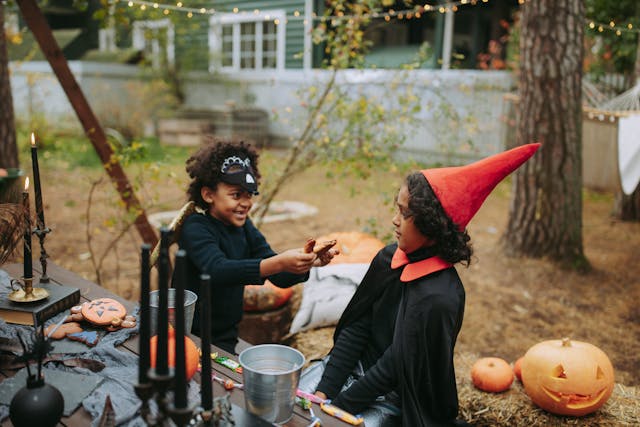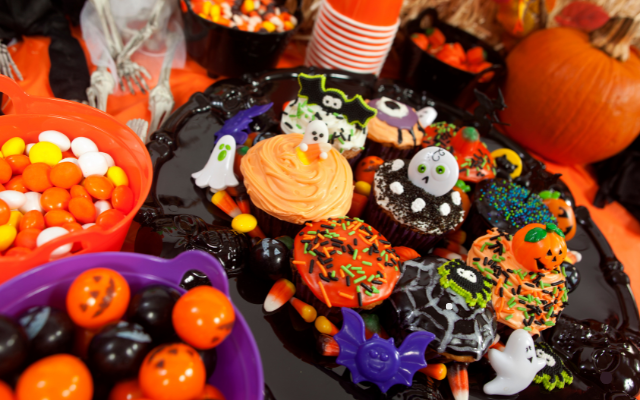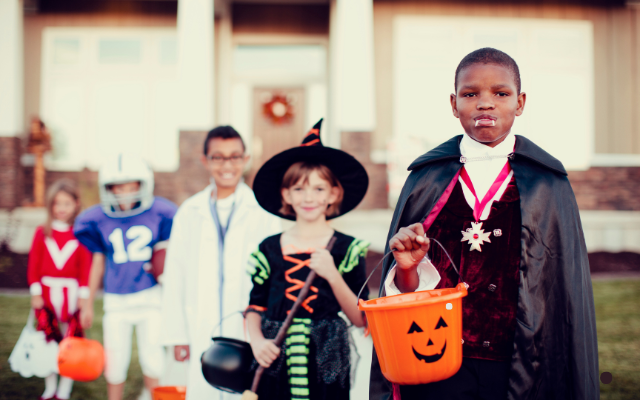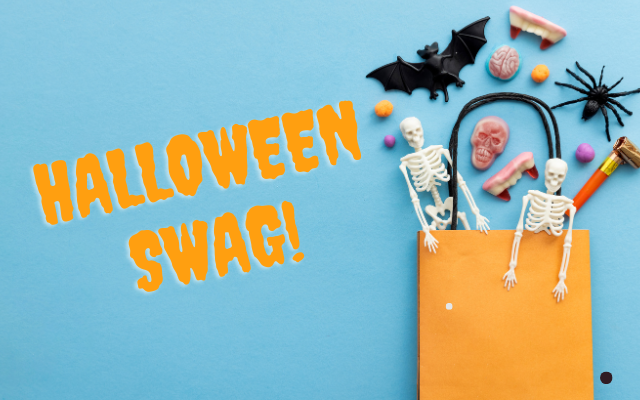As Halloween approaches, excitement fills the air with children preparing for trick-or-treating and festive celebrations. However, for parents of children with food allergies, this time of year can bring anxiety and uncertainty. Navigating Halloween safely while managing food allergies is essential to ensure that everyone has a fun and worry-free holiday. Here are safety tips on how parents can navigate food allergies this Halloween, keeping their little ghouls and goblins safe.

According to statistics from the Centers for Disease Control and Prevention, food allergies affect an estimated 8% of children in the United States. Although many of these exposures do not lead to anaphylaxis, a life-threatening allergic reaction, the CDC notes that nearly 40% of children with food allergies have been treated at an emergency department. Usually during the holidays, there is an increase in exposure to common allergens such as nuts and ER visits.
“It can be ostracizing,” Shauna McQueen, MS RD, founder of MenuMinders said in an interview with Parents.com. “Aside from the physical risks that children may be navigating, there’s a whole emotional component that they may experience as well, in terms of not being able to share in the holiday as some of their friends might be able to.”

According to the experts, here are a few tips for parents to help children celebrate Halloween and navigate food allergies like a pro!
1. Communicate with your child: Before the festivities begin, have an open conversation with your child about their food allergies. Educate them on which foods to avoid and the importance of reading labels. Teach them to politely decline treats that they are unsure about and encourage them to speak up if someone offers them something that may contain allergens.
“I think the most important thing is communication, both with your child, and the families in your neighborhood,” McQueen says. “Some children will be old enough to know which items might be safe for them, but little ones will need more oversight into what they might be picking up.”
2. Plan ahead: Planning is crucial when it comes to navigating food allergies during Halloween. Consider reaching out to neighbors or friends in advance to discuss the types of treats they will be handing out. If possible, request that they provide allergy-friendly options. Many communities have become more aware of food allergies and may be willing to accommodate your child.
3. Carry safe treats: As you prepare for trick-or-treating, pack a small bag of safe treats for your child. This way, if they come across a candy they cannot have, they can enjoy something from their stash instead. Many companies now offer allergy-friendly alternatives that are free from common allergens, making it easier for children to indulge without worry.

4. Read labels: When sorting through Halloween treats at home, always read the ingredient labels carefully. Some candies may have unexpected allergens or be manufactured in facilities that handle allergens. Be vigilant about checking for cross-contamination warnings, and discard any treats that pose a risk.
5. Encourage non-food treats: Consider promoting non-food treats in your neighborhood. Stickers, temporary tattoos, and small toys can be great alternatives to candy. Discuss this with neighbors ahead of time to create a more inclusive environment for children with food allergies.
6. Educate others and have an action plan: Halloween is an excellent opportunity to raise awareness about food allergies within your community. Share information with other parents and neighbors about the seriousness of food allergies and encourage them to consider allergy-friendly options when preparing for Halloween.
And of course, ensure that you have an action plan just in case an allergic reaction happens. Make sure that your child carries their epinephrine auto-injector if prescribed, and review the signs of an allergic reaction with them.
“It’s important for your child to understand that candy should not be consumed while trick-or-treating so that no potential allergens are ingested without their parent realizing it,” Anuja Khettry, MD, who works as a pediatrician in Boston, Massachusetts, told Parents.com in the same interview. “[And] it’s always a good idea to bring the Epipen along while trick-or-treating if you have one prescribed, just in case!”

By taking these proactive steps, parents can help create a safe and enjoyable Halloween experience for their children with food allergies. With the right preparation and awareness, Halloween can be a delightful celebration filled with treats that everyone can enjoy.
Happy Halloween!
Photo: Canva.com; Pexels.com






